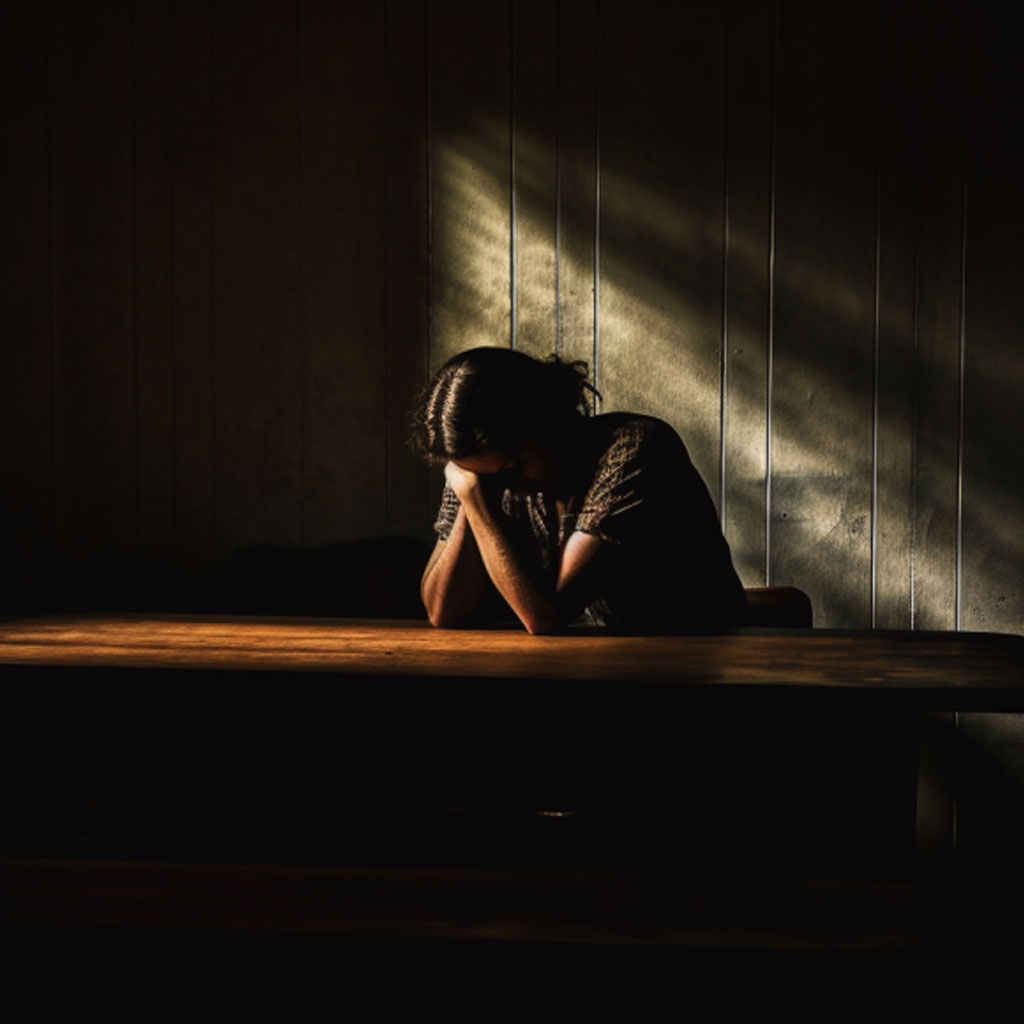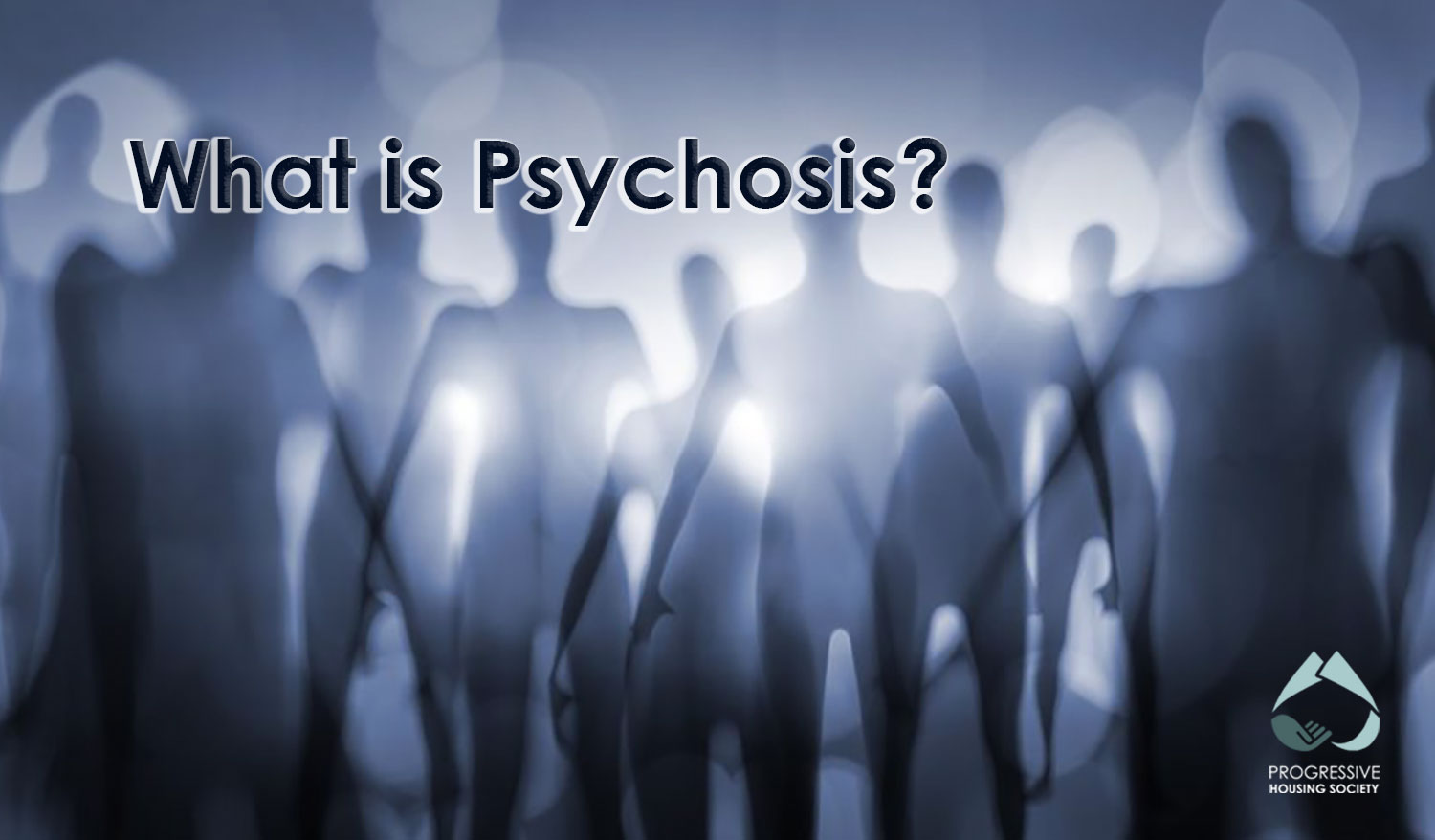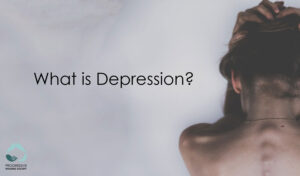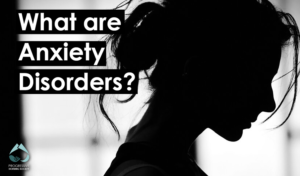What is Psychosis?
-
by
 PHS
PHS
Dodging bullets and adventures to far-off planets, manipulating reality for entertainment is often times fun and exciting. When watching movies or TV shows, people often bend reality into something they want to believe in, or wish were true. Haven’t you ever idly daydreamed what it would be like to be a superhero fighting crime and having superpowers?
Normally, people know that superheroes aren’t real and that it is a concept they can explore for fun. This enjoyable experience doesn’t always apply to everyone. People with psychosis may believe that superheroes are real and alter their lives to fit in that reality. They may even believe that they are the hero with villains constantly chasing them.
When a person’s mind has been affected by psychosis and they lose grip on reality, it can result in a psychotic episode. Psychosis can be terrifying to experience and observe. 3 out of every 100 people will experience a psychotic episode at some point in their lives. It is important to understand what this condition is and how to best help those who are suffering from it.
Causes of Psychosis
Psychosis can have many causes and triggers, which makes it difficult to predict and treat. Researchers have found that genetic and environmental factors often affect the likelihood and speed of the start of it.
Genetic factors, such as a family history of mental illness, can trigger or suggest a future psychotic episode. If there is a history of mental illness in your family, specifically psychosis, there is an increased risk of you developing psychosis. It is important to be aware of your family medical history to become better prepared for the possible onset of a mental condition. (Ropper & Lieberman, 2018)
Environmental factors, such as a person’s income and where they live, can also cause psychosis due to the level of stress or access to health care they have. The amount of stress a person experiences can worsen their mental health and make them more susceptible to developing a mental condition. Poor mental health can result in a range of mental conditions, not only psychosis. It is good to take note of the state of your mental health to prevent these conditions. The lack of access to health care may not trigger a psychotic episode but may impact the way it is treated. Without early intervention, it can become more difficult to treat psychosis and for the person to restart their lives. (Ropper & Lieberman, 2018)
Personal level of health can also cause psychosis. For example, if someone is suffering from an autoimmune disorder such as lupus, they are at a higher risk of experiencing a psychotic episode. This can be due to the medication the person has to take, which can cause serious side effects. By understanding the causes of psychosis, it is easy to see that a wide variety of people can be easily affected by the condition. (Ropper & Lieberman, 2018)
Who Does it Affect?
Everyone is at risk of developing psychosis. Mental health concerns do not discriminate. Psychosis appears across all cultures, gender, and economic levels. It can also happen if someone is using drugs.
Different types of street drugs have different effects on people and can cause psychosis. Long-term use or drug interactions can also cause unintended psychotic side effects, especially for those who are more at risk for developing psychosis.
Most cases first occur between the ages of 13 and 30 years old. The most common age when the symptoms first begin is between 18 and 24 years old. When psychosis strikes can vary depending on individual circumstances. As psychosis can happen at any time to anyone, it is often difficult for the victim to be aware of what’s going on. By educating ourselves, we will be able to notice changes in the people we care about and eventually, help them get the treatment they need.

How to Recognize Psychosis?
Psychosis is a large term that encompasses a variety of symptoms. These symptoms may happen gradually and often time, in phases.
During the first phase, or the Prodrome Phase, a person may start to experience change within themselves that are not very pronounced. According to the Early Psychosis Intervention Program, the changes includes:
- Difficulty screening out distracting information and sensations
- Difficulty focusing or understanding what they are hearing
- Changes in visual experiences (brighter and louder sounds)
- Feeling overloaded
- Finding it harder to keep track of their thoughts and what other people are saying
- Feeling disconnected
- Desire to be alone
- Sleep disturbances
- Depressed mood
- Irritability
- Suspiciousness
- Unexplained difficulty at school or work

Change is common, but some people may not notice or even experience any of these symptoms. A person can stay in this phase from several months to a year or more before moving on to the second phase with more pronounced changes.
The second phase, or Acute Phase, is when the familiar signs of a psychotic disorder begins to show. During this phase, a person displays hallucinations, delusions, and odd behaviours. Other symptoms that send out red flags would be:
- Depression
- Anxiety
- Suicidal thoughts or behaviours
- Alcohol and/or other substance abuse
If you notice someone acting out of the ordinary and displaying these symptoms, treatment for psychosis needs to be started as soon as possible to ensure a healthy recovery.
What to Do? Who to Call? Where to Go?
There are many places and medical professionals that can help someone undergoing psychosis.
Early Psychosis Intervention (EPI) (Can also link to EPI blog post)
The Early Psychosis Intervention (EPI) Program has locations all over the lower-mainland. They specialize with first episode psychosis, which is when an individual has their first psychosis experience, or people who have symptoms suggesting the development of psychosis.
HealthLink BC
HealthLink BC has information and resources about psychosis and other mental health related items. Call them anytime at 8-1-1 (toll-free) in BC, or 7-1-1 for the deaf and hard of hearing in BC. You can speak with a registered nurse, dietitian, and more. Translation services are also available in more than 130 languages.
British Columbia Schizophrenia Society
The British Columbia Schizophrenia Society (BCSS) provides support and education through a wide variety of programs.
Phone: 1-888-888-0029
Here to Help BC
Here to Help BC has a toolkit titled ‘Dealing with Psychosis: A Toolkit for Moving Forward with Your Life’. It was designed to be used along with treatment by professionals. It is not meant as a substitute for treatment but can provide valuable insight to psychosis.
In an event of an emergency, dial 9-1-1 or visit your nearest hospital for immediate medical help.
One Step at a Time
Going through a psychotic episode may be confusing and stressful, but support is always ready when you need it. With many resources available, psychosis can be treated, and recovery can be achieved one step at a time.
At Progressive Housing Society, we offer mental health support services for a number of clients. Support services are determined through Recovery Plan Reviews that include the participant, their support worker and their Case Manager at the Burnaby Mental Health outpatient centre. You can make a difference in the support offered by donating today. Every $1 raised goes to providing care to those in need.
References
Bromley, S., Choi, M., Faruqui, S., Czuchta, D., Centre for Addiction Mental Health, issuing body, & Canadian Electronic Library , distributor. (2015). First episode psychosis : An information guide / Sarah Bromley, OT Reg (Ont), Monica Choi, MD, Sabiha Faruqui, MSc (OT). (Revised ed., DesLibris. Books collection).
Psychosis. (n.d.). Retrieved June 5, 2019, from https://www.camh.ca/en/health-info/mental-illness-and-addiction-index/psychosis
Ropper, A., Lieberman, J., & First, M. (2018). Psychotic Disorders. The New England Journal of Medicine,379(3), 270-280.
Veling, W., Susser, E., Selten, J., & Hoek, H. (2015). Social disorganization of neighborhoods and incidence of psychotic disorders: A 7-year first-contact incidence study. 45(9), 1789-1798.
Resources
Here to Help BC: https://www.heretohelp.bc.ca/workbook/dealing-with-psychosis-a-toolkit-for-moving-forward-with-your-life
Early Psychosis Intervention (EPI): https://www.earlypsychosis.ca/pages/curious/what-is-psychosis
British Columbia Schizophrenic Society: https://www.bcss.org
HealthLink BC: https://www.healthlinkbc.ca



